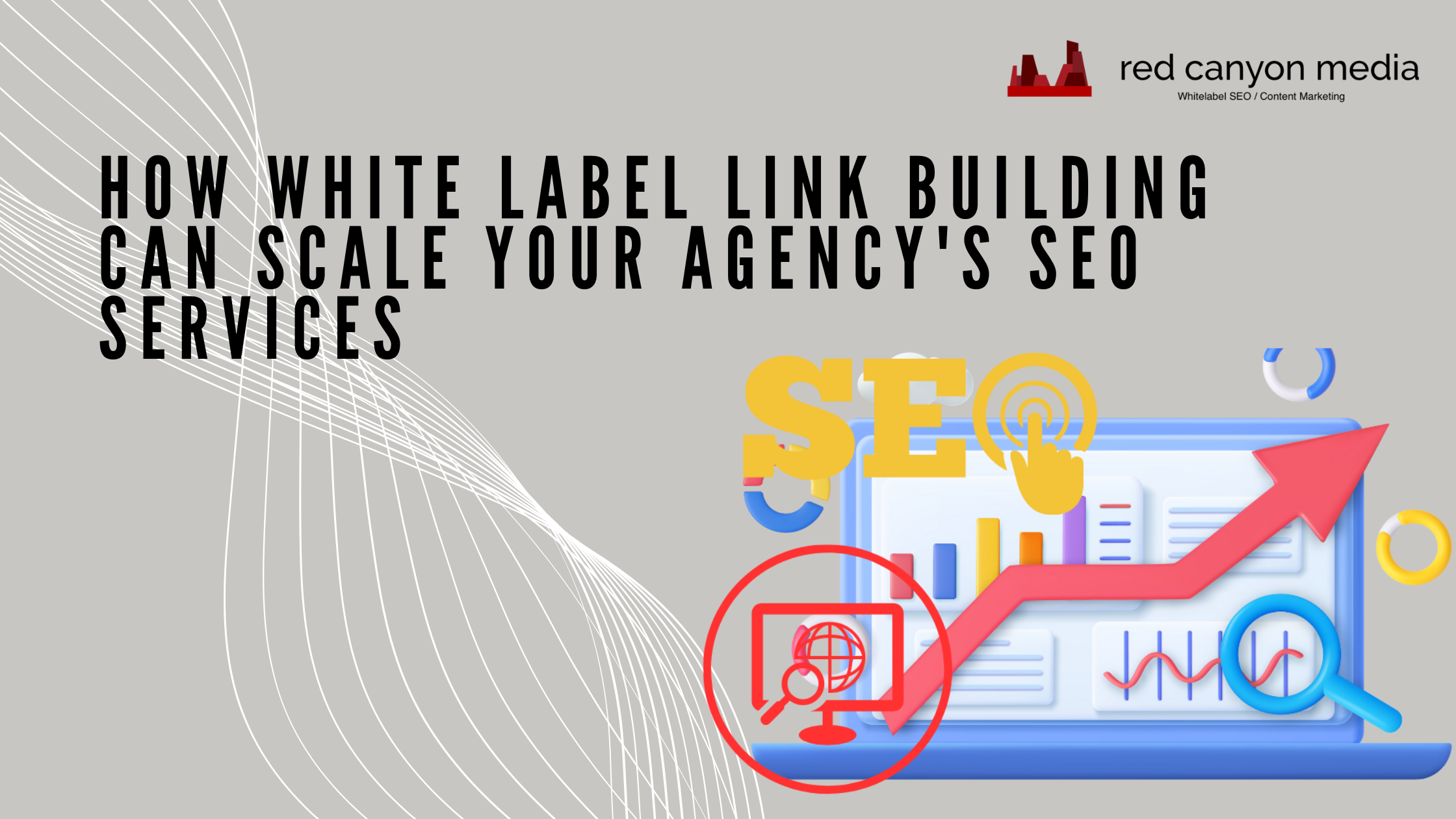Every one of your web pages should have a purpose or provide solutions to user queries. That can help you improve ROI (return on investment) from content marketing and influence ranking positions. But what are the specific factors that can influence how a piece of content ranks? That’s what this article is all about.
There are three major content-specific factors that can influence rankings. These are content quality, keyword intent, and keyword usage.
1. Content Quality
Write for humans. That’s the key to great content, but you need high-quality content too, which is why many brands work with professional copywriters. Even though great content takes time to create, you can outsource the work to ensure your brand meets demand.
Your copy’s quality is what makes the audience stick around, and search engines tend to favor well-written content. Readability, relevance, and how well the content meets user intent seem to determine quality.
Furthermore, quality content can help you attract backlinks to your pages, which improves rankings. The more sites that link to your content, the higher it should rank on the SERP (search engine results pages).
2. Keyword Intent
Many people are familiar with keyword research, which helps uncover an extensive list of terms to target within specific content pieces. However, few can properly meet the user intent behind queries. For instance, someone who searches for ‘how to write a book’ most likely wants guidance on that topic.
Search engines rank web pages that meet user intent well. When a top-ranking page consistently fails to meet user intent, it eventually drops from page one. There are checks and balances that help search engines serve the best content to searchers.
There are four primary types of keyword intent. These are navigational, informational, commercial, and transactional.
- Navigational – The user intends to visit a specific website by searching for a term on search engines (e.g., sports shoes Nike website).
- Informational – The person is looking for information on specific matters.
- Commercial – The user is researching for a future purchase.
- Transactional – The consumer is ready to make a purchase.
3. Keyword Usage
The way you use keywords within your content is essential. Search engine algorithms look for keywords within the copy to inform decisions whenever processing queries. The engines are also looking for keyword stuffing signs, which refers to too many occurrences of a particular phrase.
You see, some people place the target keyword within the copy too many times, making the content practically unreadable. But the best approach is to optimize your text without affecting the user experience. For example, the target keyword should appear once or twice within a 400-word copy.
Content is Crucial
Search engines rely on content to serve users.
- Addressing keyword intent ensures people find the solutions or information needed.
- Proper keyword usage ensures search engines can understand the page’s purpose.
- High-quality content satisfies the target audience, including search engine algorithms.
Google, Bing, DuckDuckGo, and others want users to come back, so it’s natural that systems would be in place to detect ideal content.
Red Canyon Media
Red Canyon Media’s team focuses on producing quality content through in-depth and relevant research. That includes utilizing stats (no more than 12 months old) from authoritative sources to back up claims or prove concepts. Every writer on the team is an expert that produces top quality SEO content for a living. Reach out to get started.
The post 3 CONTENT FACTORS THAT CAN INFLUENCE RANKINGS appeared first on Red Canyon.



